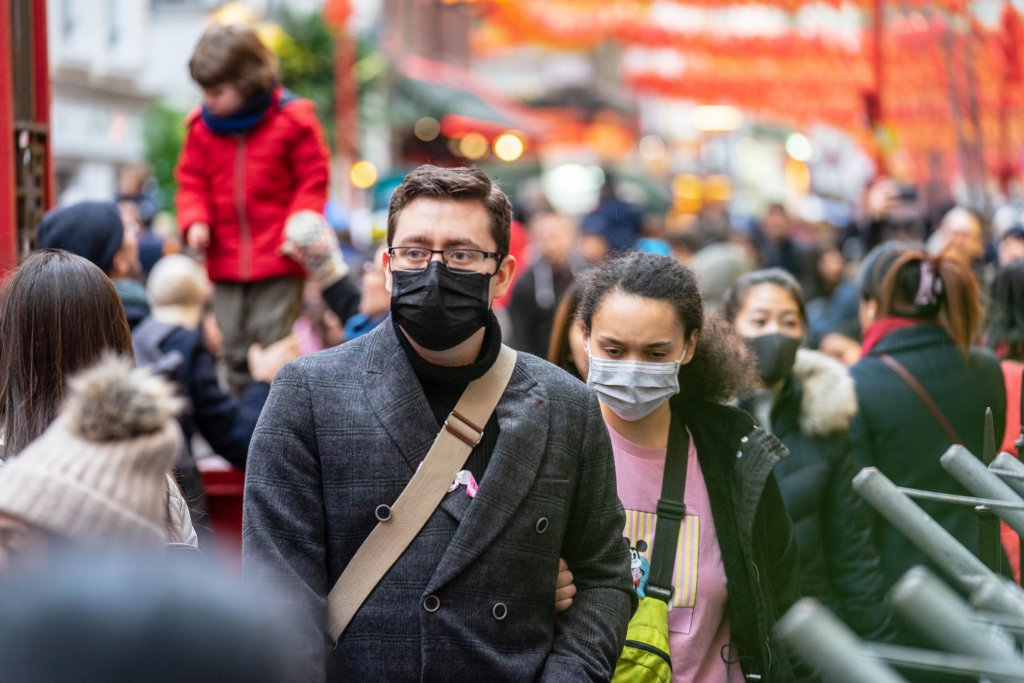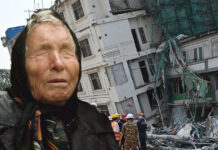Facemasks alter our interactions with other people to quite an extent. Currently, the world is going through a pandemic where thousands have lost their precious lives due to the novel coronavirus. To curb the virus, more than 50 countries have mandated to follow standard operating procedures strictly.
One of the primary directives mandated is to wear a facemask in public places. While many countries have still locked down major cities, few of them have finally started to go back to what was once called ‘normal’.

In some Asian countries, people already wear facemasks because of the pollution, while many other countries are newer to the practice. People are struggling with something covering their faces at all times.
“It’s hard to breathe with a mask on” and “I can’t have a proper conversation because my words sound muffled” are two common objections, according to BBC.
Humans are prone to process faces as a whole and connect words to facial expressions. Covering face with masks will hide most of the face hence making interactions with others difficult.
Psychologist Rebecca Brewer studies facial expression from the Royal Holloway University of London. She says, “When we cannot see the whole face, such holistic processing is disrupted.”
“But millions of women around the world wear face veils every day with few apparent problems with hindered communication,” points out Sandy Ong from BBC.
However, Aleix Martinez has a difference of opinion. He says, “The fact that you’re wearing a mask or that you have your face covered should not prevent others from understanding what you’re trying to express non-verbally.”
Al Zayer, a woman living in Saudi Arabia, says her colleagues and aunts covered their faces. The only way she understood what they were trying to communicate was when she paid more attention to the body language, eye contact, tone, and hand gestures. She says, “It wasn’t hard, but it was very different.”

Facemasks will likely become widespread and common. It is best to get the hang of it and learn to communicate while having it on.
Al Zayer’s experience demonstrates that the interaction with masks may have altered, but it is unlikely that you can’t communicate. Specific charities, however, are concerned about the deaf communities as communication for them will become a huge problem.
Have something to add? Let us know in the comment section below.
For more news and updates, stay tuned to Brandsynario.










































